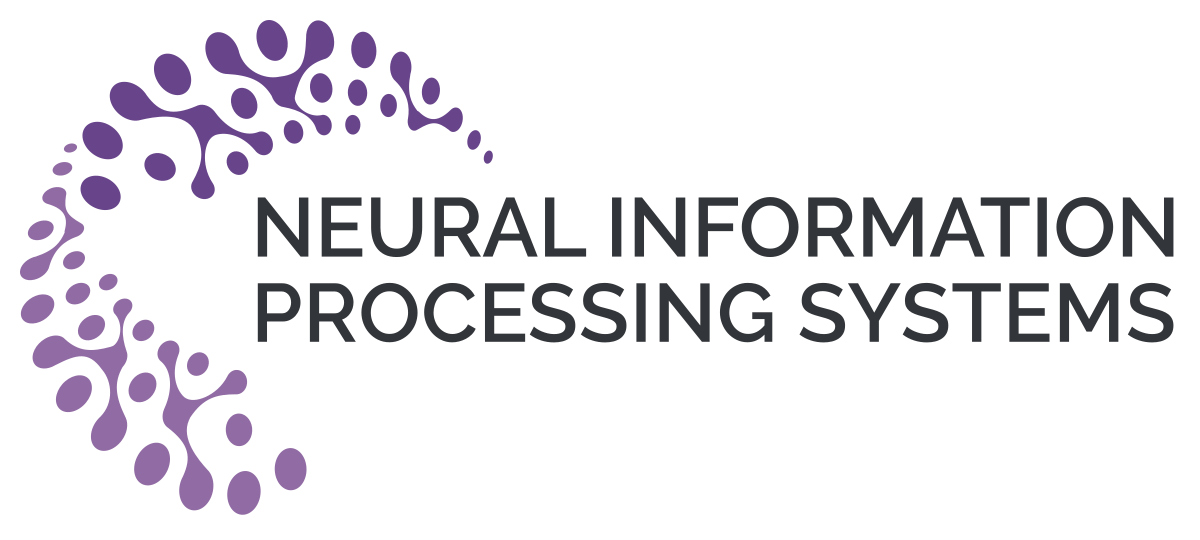Abstract:
This paper considers the problem of designing optimal algorithms for reinforcement learning in two-player zero-sum games. We focus on self-play algorithms which learn the optimal policy by playing against itself without any direct supervision. In a tabular episodic Markov game with S states, A max-player actions and B min-player actions, the best existing algorithm for finding an approximate Nash equilibrium requires \tlO(S^2AB) steps of game playing, when only highlighting the dependency on (S,A,B). In contrast, the best existing lower bound scales as \Omega(S(A+B)) and has a significant gap from the upper bound. This paper closes this gap for the first time: we propose an optimistic variant of the Nash Q-learning algorithm with sample complexity \tlO(SAB), and a new Nash V-learning algorithm with sample complexity \tlO(S(A+B)). The latter result matches the information-theoretic lower bound in all problem-dependent parameters except for a polynomial factor of the length of each episode. In addition, we present a computational hardness result for learning the best responses against a fixed opponent in Markov games---a learning objective different from finding the Nash equilibrium.

